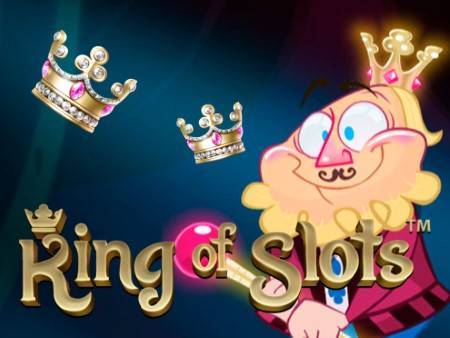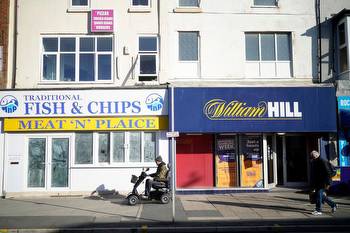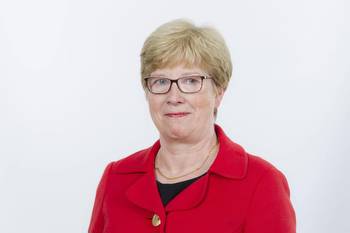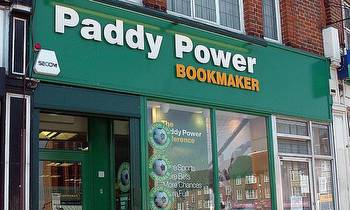UK looks to overhaul gambling industry
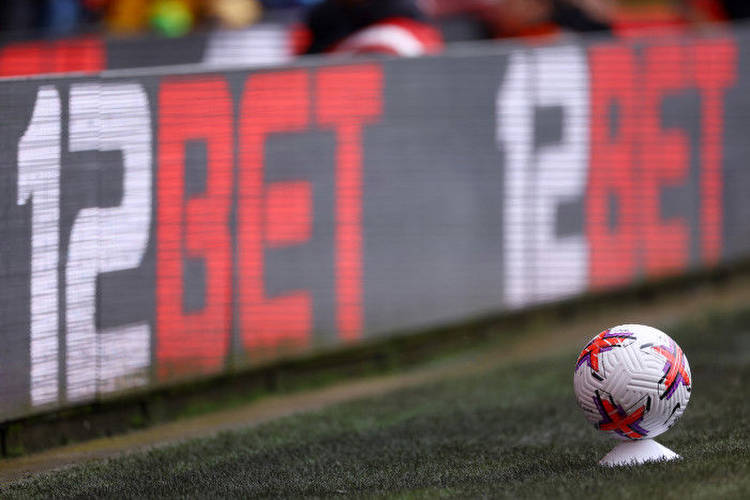
Changes stop short of ad ban but include levy on firms to fund gambling addiction research and treatment
LONDON: The UK government on Thursday announced a proposed overhaul of Britain’s £14-billion ($17 billion) gambling industry with a view to tackling addiction in the smartphone era.
The “white paper”, which sets the tone for future legislation, was published after years of delay and a concerted lobbying campaign by the industry to water down more far-reaching proposals.
It stops short of an outright ban on advertising by gambling companies, as demanded by groups that have highlighted the social impact of betting including suicides by addicts who were allowed by the companies to run up huge debts.
Two weeks ago, in a voluntary move ahead of the white paper, English Premier League football clubs said they would phase out gambling sponsorship on the front of players’ shirts over the next three seasons.
Belgium earlier this year said it would ban most gambling advertising from July 1. However, some of the most visible forms of promotion — in sports stadiums and on athletes’ jerseys — will take longer to eliminate, it conceded.
The problem of addiction has grown far more acute since smartphones and apps brought gambling within easy reach of millions, and advertising during televised matches offers minute-by-minute odds.
The companies have been accused of flouting existing rules designed to help problem gamblers, by limiting the losses they can run up.
Announcing the paper in parliament, Culture Secretary Lucy Frazer said: “When gambling becomes addiction, it can wreck lives. Shattered families, lost jobs, foreclosed homes, jail time, suicide.”
A new statutory levy will require gambling companies to fund more research, education and treatment for addiction, she said.
The companies will be forced to step up background checks to protect vulnerable customers, and new limits will be placed on online slot games to match their real-world equivalents in casinos and pubs.
The Gambling Commission, a state agency, will be given “the appropriate resources” to back up the new measures, Frazer added.
“No one should be denied an innocent flutter, but the public should not have to bear the cost of treatment when a punter becomes an addict,” the minister said, while stressing that further consultation would follow.
Gambling companies broadly welcomed the white paper, but activists accused the government of dragging its feet on enacting measures disliked by the industry.
“With further delay families of the bereaved and people locked in the teeth of addiction have been snubbed yet again,” said Louise Davies of the charity Christian Action Research and Education.
“There is no need for further consultation on measures that are broadly supported such as a statutory levy and affordability checks. We need legislation,” she said.
According to the Gambling Commission, Britain’s gambling industry yielded £14.1 billion in the year to March 2022. Of that, £6.4 billion was generated online.
Flutter, the world’s largest online betting company, said earlier that it welcomed proposals to crack down on problem gambling.
“We believe proactive change will lead to a better future for our industry,” chief executive Peter Jackson said in a statement.
Jackson added that Flutter — the owner of Paddy Power, Betfair and Sky Bet — had already introduced “industry-leading” safer gambling controls. They include mandatory deposit limits for customers under 25, reducing online slots staking limits to £10 per spin, and investing in safer gambling operational capabilities.







